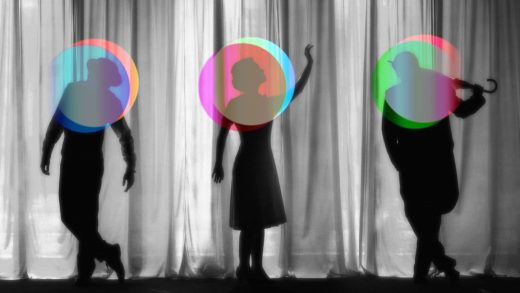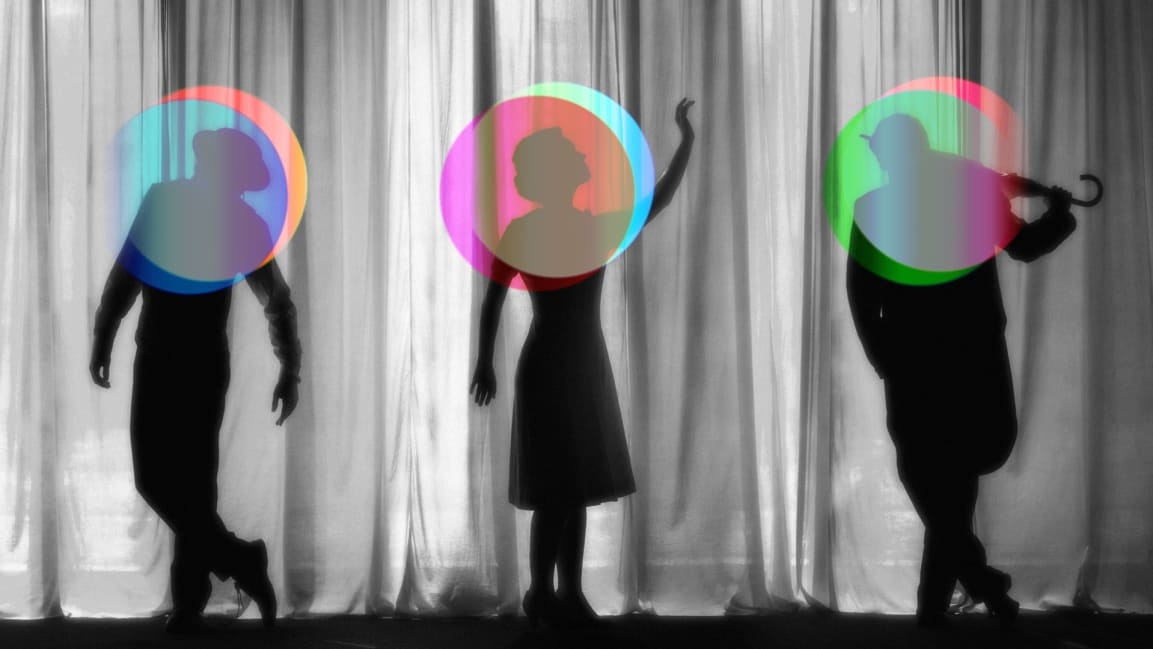Sweeping DEI pledge takes center stage for Broadway
“The Broadway that opens in September 2021 will not be the same Broadway that closed in March 2020.”
So begins Black Theater United’s A New Deal for Broadway, which aims to diversify all aspects of an industry that’s been sorely lacking in equity for underrepresented workers, ranging from creative teams to performers to stagehands, makeup artists, and others.
The 18-page document, developed in consultation with the Center for Diversity, Inclusion, and Belonging at NYU School of Law, outlines dozens of commitments. Among them:
The signatories include Black Theater United founders, such as Billy Porter and Vanessa Williams, as well as organizations ranging from the Actors’ Equity Association, Broadway.com, and Disney Theatrical Group to other production and theater companies. More than 50 individuals signed the pledge, including a host of A-list producers, choreographers, executives, and union leaders.
“While the focus of this document is on Black individuals,” the authors write, “we hope and expect that the commitments outlined in this document will lead to greater EDIAB for all people in theatre, and we support efforts to achieve equity, diversity, inclusion, accessibility, and belonging (EDIAB) reforms in other areas.
You can read the full list of commitments and see the signatories here.
(37)



